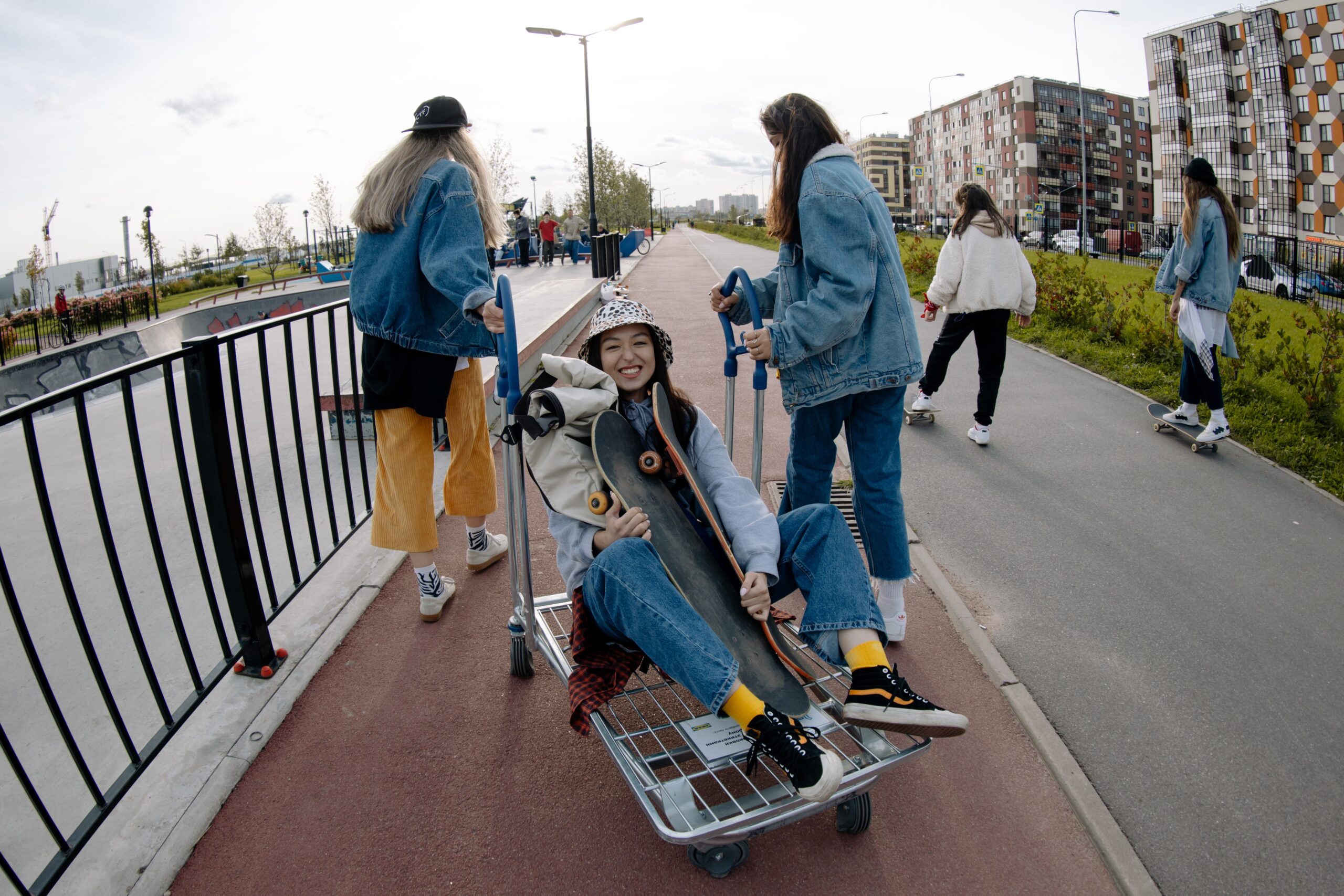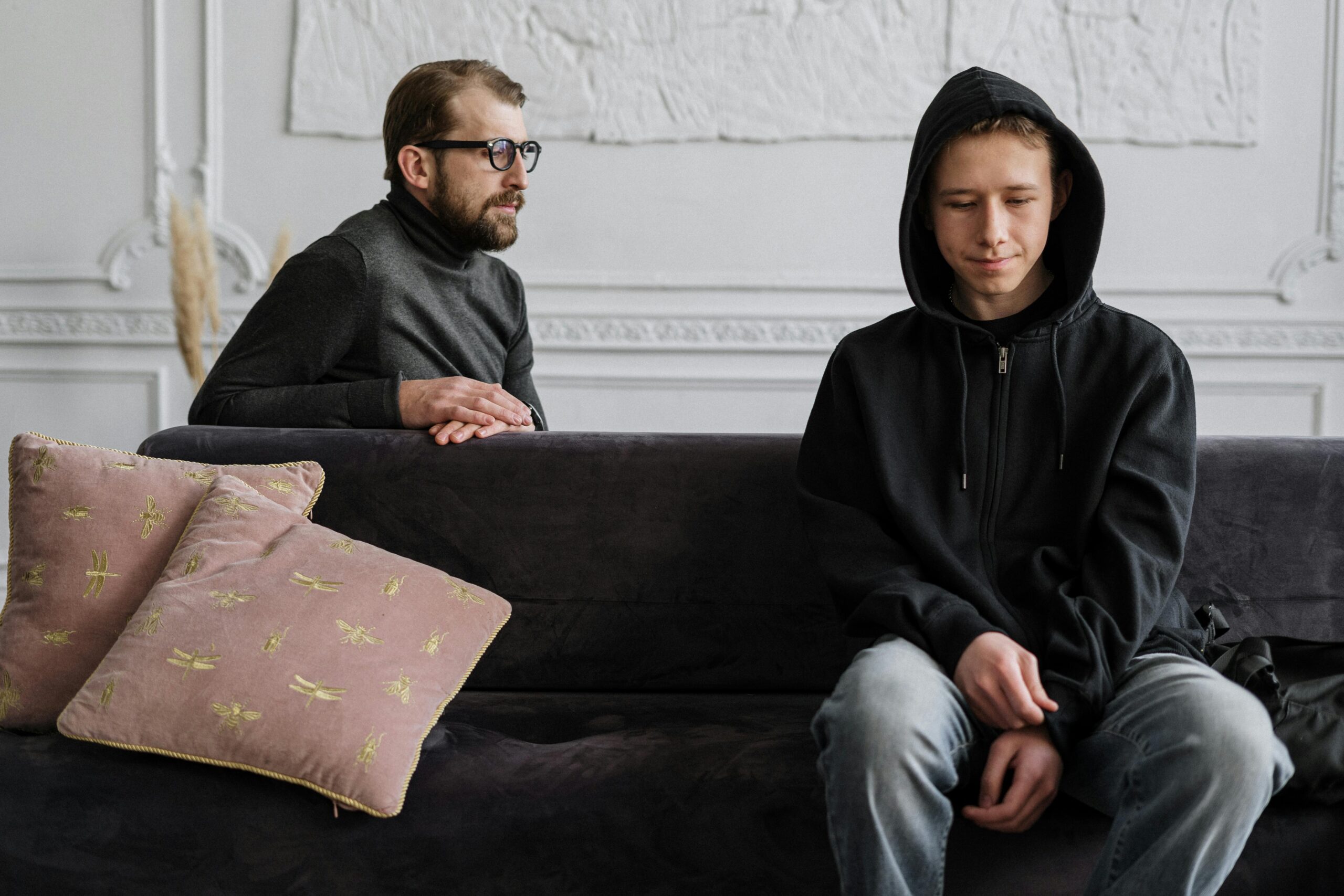
The Correlation Between Cancel Culture and Resilience in Students
By Tim Elmore
I will never forget Halloween in 2015. Just prior to October 31, a group of deans at Yale University sent an email urging students to avoid insensitive costume choices. Three days later, Erika Christakis, the co-director of Silliman (one of Yale’s residential colleges) sent her own email to students. She acknowledged “genuine concerns about cultural and personal representation,” but drawing upon her own expertise in childhood education, suggested the students themselves were best positioned to police their own conduct. She challenged them to be adults. She also cautioned them about the dangers of delegating control over their behavior to bureaucrats.
A flurry of backlash from students occurred on campus.
Before it was over, students circulated a petition demanding that Erika and her husband, Nicholas, an eminent sociologist and physician, resign their positions. The couple’s chief crime, mind you, was asking students to monitor their behavior as adults. But alas, the students chose to “cancel” these two leaders. And they succeeded. Erika and Nicholas both resigned soon after.
The Rise of Cancel Culture and Its Danger
I’m not sure what you think of “cancel culture” in our society. It’s been around for years now and often for very good reasons. We all agree we must call out the behavior we witnessed in Harvey Weinstein or Larry Nasser against women. The #MeToo movement has fostered progress for women as a healthy expression of “canceling behavior.”
Sadly, cancel culture has blossomed into something unhealthy. It exploded on the scene in 2013 with smartphones, then hit its stride in 2015, and really accelerated in 2017, mostly on Ivy League school campuses like Yale and Harvard. Many now call such universities “poisoned Ivy.” Students who once championed “free speech” and “open debate” in the academy now wanted schools to cancel controversial speakers, demanded speech codes, called for trigger warnings, and requested schools to police microaggressions. While I understand the desire for safe spaces, the consequences of this shift are sinister—and we didn’t see them coming. One consequence has me concerned.
I believe there’s a correlation between cancel culture and diminished grit in students.
Why do I think this? Because by nature, cancel culture seeks to remove a conflict or an obstacle instead of facing the obstacle head-on. Its goal is to cancel the problem instead of becoming strong enough to stand and counter it.
“Cancel culture allows people to dismiss their ideological opponents without refuting their arguments, while also intimidating anyone who might make the same point,” writes Greg Lukianoff, founder of the Foundation for Individual Rights and Expression (F.I.R.E.). According to a 2022 F.I.R.E. survey of over a thousand respondents, 82 percent believe cancel culture is a problem. In a similar 2020 F.I.R.E. survey, 62 percent of adults (including Democrats, Independents, and Republicans) report they fear sharing their political opinions in public, and almost one-third fear they’d miss out on job opportunities if someone at work discovered them. Further, cancel culture has gotten college professors fired; sixteen percent say they’ve been disciplined or threatened for their speech or perspective. Twenty-nine percent say they have been pressured by the administration to avoid controversial research subjects.
So, what’s my conclusion at this point on cancel culture?
The Consequences of Cancel Culture
Regardless of its well-intentioned beginnings, cancel culture has made us weaker, not stronger. It has fostered a herd instinct in students and has diminished their ability to be:
- critical thinkers
- good listeners
- curious learners
- effective conversationalists
- open-minded leaders
- resilient citizens
It’s especially detrimental for kids because it puts unnecessary pressure on them to operate out of fear that they’ll be punished for saying what they truly think or feel. As a result, kids learn to mask their true identity and stop being authentic. NYU professor Jonathan Haidt explains, “When teens traded their flip phones for smartphones loaded with social media apps, they rewired childhood, consciousness, activism, politics, and mental health, almost always in ways that are bad for adolescents and for democracy.” While some may argue that cancel culture serves as a vital mechanism for holding the powerful accountable, it’s morphed into an excuse for people to avoid responsibility, or worse yet, a playground for keyboard warriors to vent their rage.
Seven Ideas to Reduce Cancel Culture in Yourself or Your Students and Build Resilience:
- Do not react on impulse. Think first. Give yourself a day to reflect.
- Practice the 101% Principle. Find the 1% you agree on and give it 100% of your attention.
- Listen before you speak. Recover the art of really hearing from the other side.
- Phone a friend. Don’t respond in a vacuum. Include others’ perspectives before acting.
- Apologize when and where you’re wrong. This goes a long way in fostering relationships.
- Forgive when appropriate. To make a mistake is human; to forgive is divine.
- Build a bridge where there’s a wall. Find a way to connect with the opposing side.
In June 2012, Dan Cathy, then CEO of Chick-fil-A restaurants, posted his support for traditional marriage on social media. It ignited a firestorm of both appreciation from customers and opposition from the LGBTQ community. There were boycotts and counter-boycotts across the country. What millions don’t know is how Dan responded to this firestorm. He contacted Shane Windmeyer, from Campus Pride, a college campus gay and lesbian association. The two met, attended the CFA Peach Bowl together, and have been in dialogue ever since, sharing perspectives and attempting to understand each other. They took a wall and made it a bridge.
Instead of building walls with canceling, shaming, and defriending, what if we learned to build bridges to connect with others who hold opposing viewpoints?






